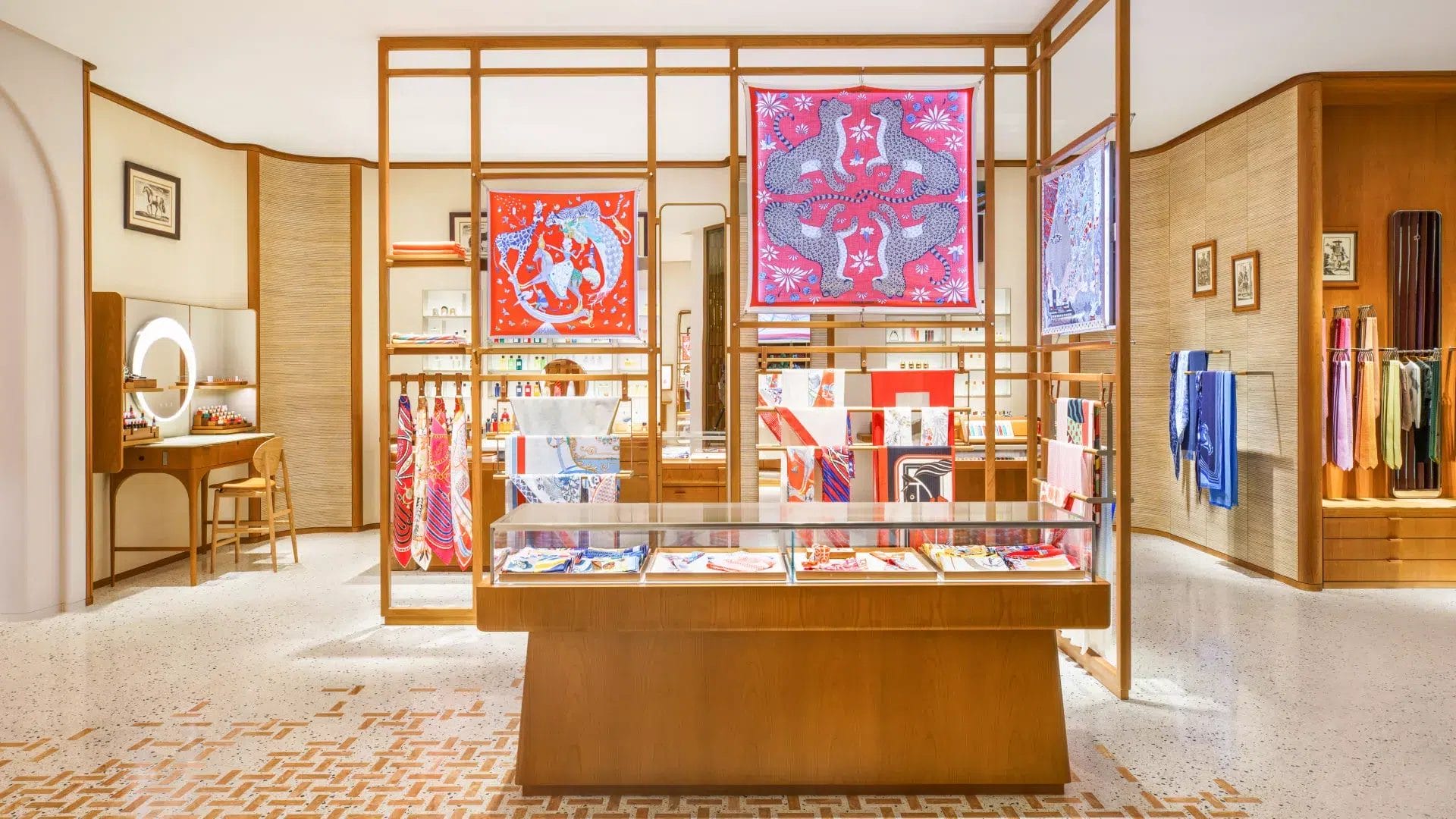Independent retailers stand out as unique entities in the vast landscape of retail businesses. These are privately owned businesses that sell goods produced by other companies. They are often called “Mom and Pop” shops or small businesses, although their sizes vary significantly.
An independent retailer is an entrepreneur who has ventured into the retail business independently without the backing of a franchise chain. This individual or group is responsible for building their business from scratch, assessing all aspects of the store, including staffing, marketing, merchandising, and sales.
The journey to becoming an independent retailer involves several steps. It begins with understanding the retail industry and its workings and creating a business plan. The next steps involve renting a retail space, furnishing it, purchasing products, recruiting a team, and opening and operating the store.
Independent retailers enjoy more control over their stores compared to corporate retailers. They can bring in new products and vendors without numerous approvals and concessions. This autonomy extends to inventory and sales as well. Unlike chains that might restrict them to selling only chain products, independent retailers can curate their product range.
However, being an independent retailer also comes with its challenges. There’s a high level of competition, and every business decision rests solely on the owner. Branding can be another hurdle, as most people may not relate to the business initially. It takes time and effective marketing strategies to build customer trust and recognition.
Despite these challenges, independent retailers offer several advantages. They provide dedicated and hands-on customer service, often going the extra mile to get to know their customers. Their passion and creativity allow them to offer a unique range of products or services that larger chain stores may not provide. Examples of independent retail businesses include record stores and photography stores.
Successful independent retailers can execute strategies that increase sales, design effective promotions, and attract new customers. They leverage their love for products or services to explore new growth opportunities. This could involve reaching a new demographic, utilizing social media, developing loyalty programs, offering flash sale opportunities, and providing irresistible deals for new customers.
Independent retailers are the backbone of the retail industry, offering unique products and personalized customer service. Despite the challenges they face, their passion, creativity, and dedication make them a vital part of our economy.

















